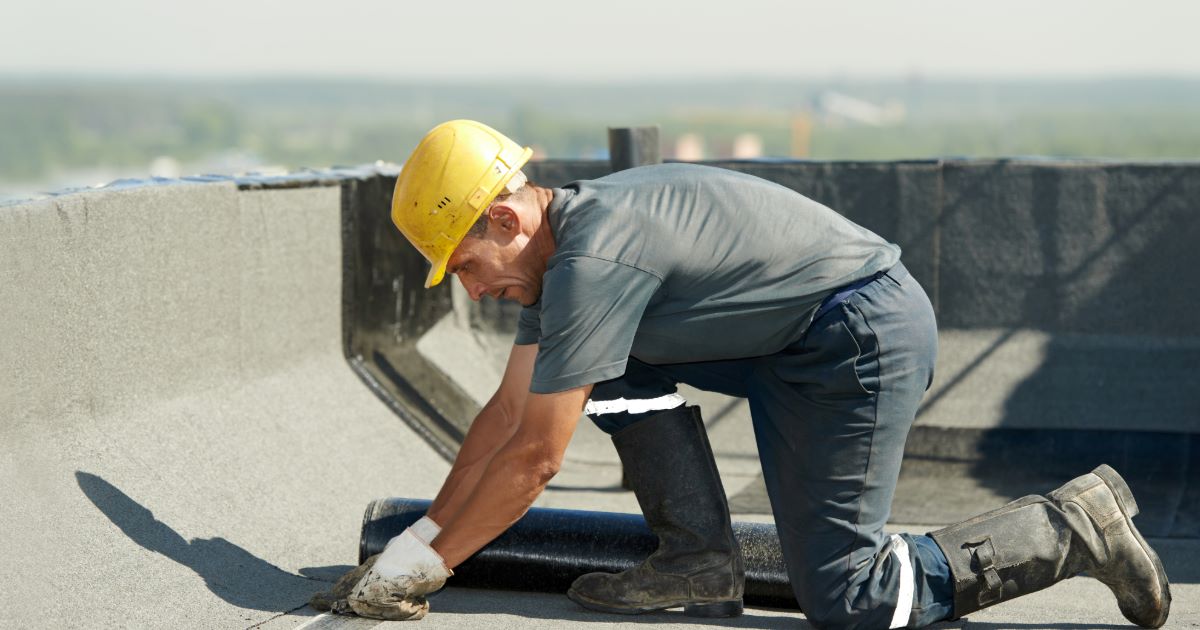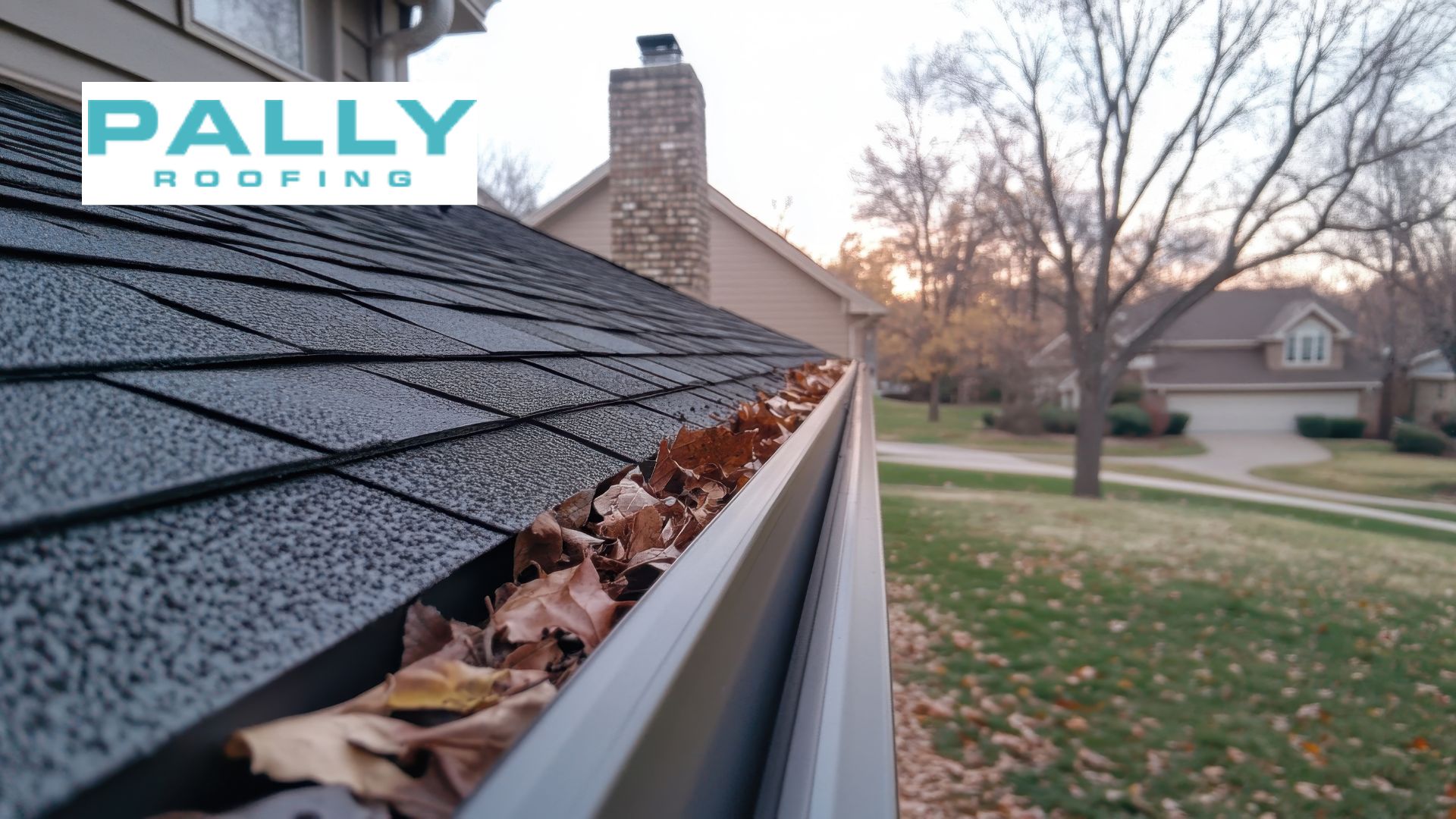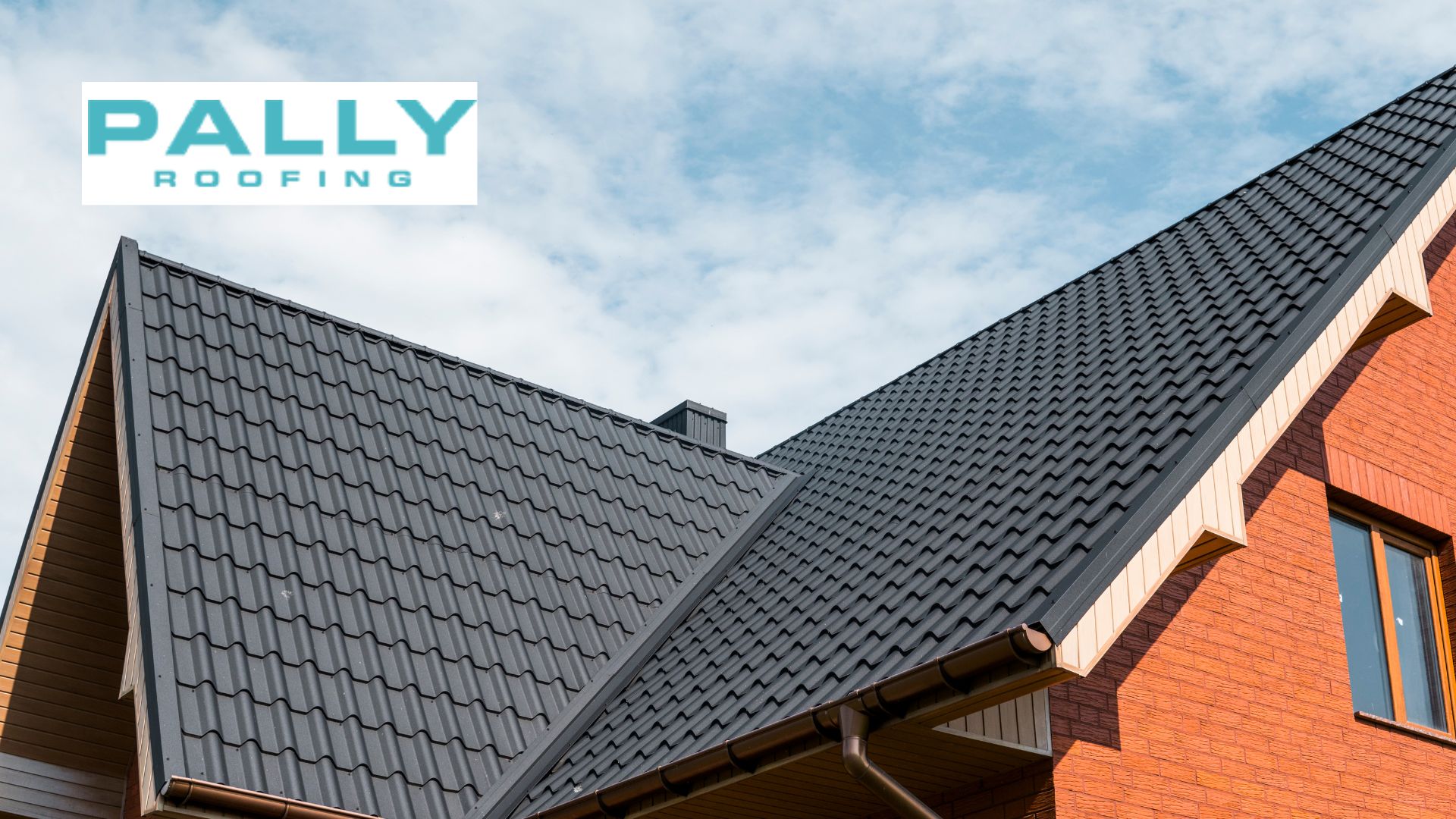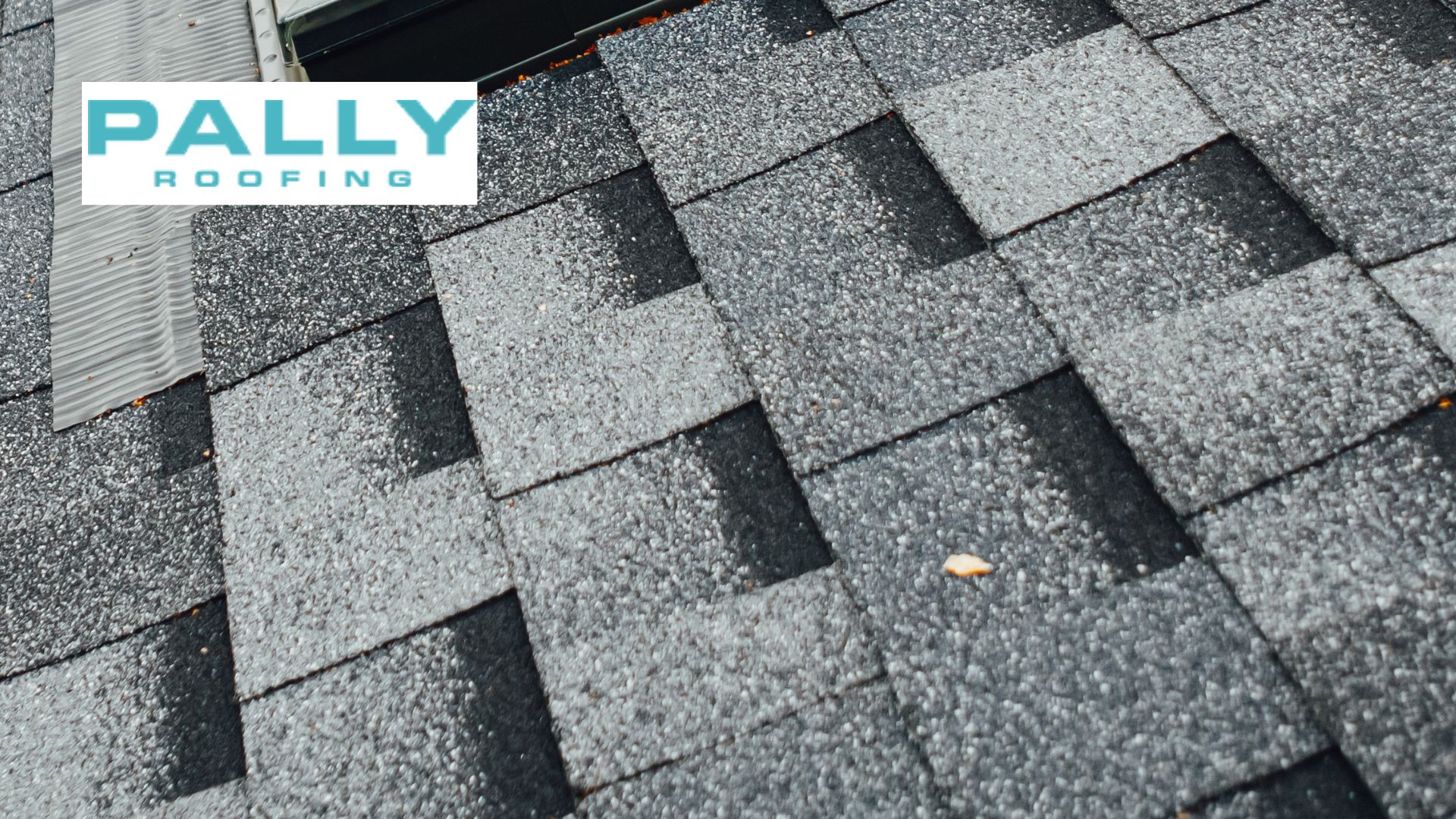Last updated on September 25th, 2024 at 06:22 pm
A commercial roofing contractor is a specialized professional responsible for installing, repairing, and maintaining roofing systems on commercial buildings such as office complexes, warehouses, and industrial facilities. Unlike residential roofing, commercial projects are typically more extensive and complex, requiring a deep understanding of roofing systems and materials like asphalt, metal, and flat roofs.
Table of Contents
The demand for reliable commercial roofing services has surged in today’s rapidly urbanizing landscape. As more commercial properties are developed to meet business needs, roofing contractors have become essential in ensuring these buildings have durable, long-lasting, and energy-efficient roofs. Businesses must partner with trustworthy contractors to secure the structural integrity of their properties.
As urban expansion continues, the need for quality commercial roofing solutions across the USA has become more critical than ever. Whether installing a new roof or maintaining an existing one, business owners can only afford to maintain quality and reliability. The decisions made today about roofing contractors will have a lasting impact on your commercial properties’ structural integrity and energy efficiency.
Although primarily serving Ohio, Pally Roofing offers expertise in large-scale commercial projects that translate well to clients nationwide. Our specialization in asphalt and metal roof installation ensures businesses get top-tier materials suited to their building’s needs, providing long-term protection.
Additionally, Pally Roofing excels in roof repairs, which address a common concern for businesses in urban areas where flat roofs are prevalent. By partnering with a contractor like Pally Roofing, companies can expect superior craftsmanship, adherence to safety standards, and solutions tailored to the unique requirements of commercial roofing systems across the Ohio.
Factors to Consider When Hiring a Commercial Roofing Contractor

- Experience and Certifications: The Role of Licensed and Certified Contractors
When hiring a commercial roofing contractor, one of the most important factors to consider is their experience and certifications. A licensed contractor ensures they meet industry standards and local building codes, which is critical for commercial projects that often face stricter regulations.Contractors with years of experience bring valuable expertise to the table, allowing them to handle complex roofing systems and unexpected challenges effectively. Certifications from reputable manufacturers (like GAF or CertainTeed) indicate a contractor’s competence in installing specific roofing products, ensuring optimal performance and durability. - Industry Expertise: Overview of Commercial Roofing Systems (TPO, EPDM, Metal Roofing, etc.)
Commercial roofing contractors must be well-versed in various roofing systems to provide the right solution for each project. Some of the most common commercial roofing systems include:TPO (Thermoplastic Polyolefin):
TPO is known for its heat-reflective properties, which make it a popular choice for energy-efficient roofs and reduce energy costs for commercial buildings.
EPDM (Ethylene Propylene Diene Terpolymer):
A durable, synthetic rubber membrane often used for low-slope roofs, known for its longevity and resistance to weathering.
Metal Roofing:
Increasingly favored for its strength, durability, and energy efficiency, metal roofing is an excellent option for commercial properties that require low maintenance and long-lasting performance. - Safety Standards: Importance of Safety Compliance in Roofing Projects
Safety compliance is another critical factor in commercial roofing. Contractors must adhere to strict safety regulations to protect workers and ensure the project is completed without incident. This includes following Occupational Safety and Health Administration (OSHA) guidelines, using the proper safety equipment, and conducting thorough safety training for all employees. Failing to comply with these standards can lead to accidents, project delays, and legal liabilities. - Customer Reviews & Reputation: Evaluating Contractor Reputation Through Reviews and Testimonials
Finally, a contractor’s reputation should be a significant consideration when choosing. Look for companies with positive customer reviews and strong testimonials from past clients. Reviews can provide valuable insight into the contractor’s reliability, quality of work, communication, and customer service. Contractors with a solid reputation are likelier to deliver a high-quality roofing solution and provide ongoing support when needed.
Nationwide Trends in Commercial Roofing
Eco-Friendly and Energy-Efficient Roofs
As sustainability becomes a top priority, many businesses opt for eco-friendly, energy-efficient roofing solutions. Green roofs, solar panel installations, and reflective roofing materials like TPO and cool roofs are increasingly popular for reducing energy consumption and carbon footprints. These solutions help the environment and lower utility costs, making them a wise investment for businesses aiming to improve efficiency.
Durable Materials: The Rise of Metal Roofing
Metal roofing has significantly increased popularity for commercial buildings across the U.S. due to its durability, longevity, and low maintenance requirements. Metal roofing is preferred for businesses seeking long-term value and offers excellent resistance to extreme weather conditions and fire. Its energy-efficient properties, including heat reflection, further reduce energy costs, making it a practical and durable option for many commercial structures.
Regional Differences: Climate-Based Roofing Requirements (Flat vs. Sloped Roofs)
Climate plays a vital role in businesses’ roofing choices. Flat roofs are typical for their space efficiency and ease of installation in urban areas with minimal snowfall. However, sloped roofs are more practical in colder regions with heavy snowfall as they allow snow to slide off easily, preventing roof damage. Contractors must understand local climate conditions to recommend the best roofing type that ensures durability and performance over time.
Key Benefits of Working with a Trusted Commercial Roofing Contractor
- Cost-Effectiveness: Long-Term Savings with Proper Installation and Maintenance
- Partnering with an experienced contractor ensures proper installation, minimizing future repair costs.
- Regular maintenance by professionals helps extend the roof’s lifespan, reducing long-term expenses.
- Warranties and After-Sales Service: Why Warranties Matter for Commercial Roofing
- Trusted contractors offer comprehensive warranties, providing peace of mind and coverage for unexpected issues.
- After-sales services ensure ongoing support, safeguarding your investment in the roofing system.
- Compliance with State Codes: Ensuring Adherence to State-Specific Roofing Regulations
- Knowledgeable contractors ensure your commercial roof complies with state-specific building codes.
- Adherence to regulations avoids costly fines and ensures your roof meets all safety and legal requirements.
Conclusion
Choosing the right commercial roofing contractor ensures long-term durability, compliance, and cost-effectiveness. Pally Roofing brings years of expertise, a wide range of roofing solutions, and a commitment to safety and customer satisfaction.
Whether you’re looking for expert installation, repairs, or maintenance, we provide tailored services that meet your business’s unique needs. Contact us today for a free consultation, and let us deliver top-quality roofing solutions for your commercial property.
Author
-

With more than 16 years of hands-on experience, Phillip Schmucker is the knowledgeable owner of Pally Roofing. His dedication to superior roofing services has earned him a reputable place in the industry. Phillip also shares his extensive expertise through writing, providing readers with practical tips and professional advice on various roofing topics. Follow him on LinkedIn.
View all posts






